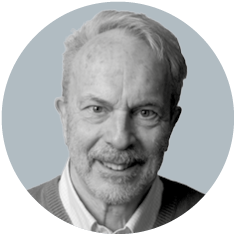Editorial
Mirror of the state
The behaviour of any police force reflects how a government relates to society. No other institution does that to the same extent. Apart from the military, police officers are the only ones to use force. But their means of coercion are always aimed inwards, at their own people. The line between protecting and harassing a community is often a fine one – and just how fine depends on how accountable a government is to the public.
Recently, the sheer barbarity of Egypt’s ancien régime became evident in the conduct of those who supposedly uphold the law. The disintegrating government let plainclothes policemen attack peaceful demonstrators in order to cause trouble. Clinging to power obviously mattered more to the regime than civilian lives. Egyptian police officers were not law enforcers; they were breaking the law to protect illegitimate lawmakers.
Countries under authoritarian rule are an extreme case. Unfortunately, however, citizens of many fairly democratic developing countries have reason to fear their police forces too. Common complaints concern corruption, arbitrary arrests and the excessive use of force. Police officers, moreover, are often accused of sloppy work, incompetent action or serving as pawns for manipulative politicians. The underlying causes of such problems include low pay, inadequate training and excessive workloads.
For reasons like these, the police forces of developing countries typically enjoy precious little trust. A recurrent consequence is vigilante justice, which further undermines the rule of law. Police shortcomings can be tackled, of course – provided that governments are willing to invest in education and salaries. Good journalism can help foster such willingness.
The media, moreover, help to define and enforce societal expectations, which, in turn, mark the work of the police. Prejudice against women and minorities, for example, often leads to discrimination or even physical abuse by officers. This trend is evident even in rich nations’ recurrent reports about police racism. No police force can, on its own, solve problems of this kind. But as representatives of the state, officers must strive to set good examples. It is essential to include members of disadvantaged groups in the police.
Improving the credibility of the police force always contributes to building a state or a nation. In times of dramatic change, it is particularly important for the police to reposition themselves in their role as representatives of the state and role models.
In Egypt, Tunisia and perhaps other Arab countries in the future, the quality of police work will show where a revolution is heading. And if a re-constructed police force behaves as it should, it will make a crucial contribution to its nation’s sound development.









